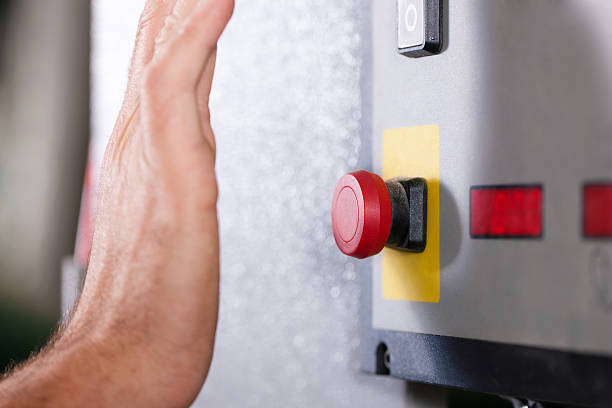Machinery Safety Applications

The Machinery Safety Applications program applies to personnel involved in the implementation of safety-related systems in Machinery Applications.
This exam is for the Process Safety Engineer, Process Engineer, Control Engineer, Control Engineer, Maintenance / Instrumentation Technician, Project Engineer, Reliability Engineer, Machinery Engineer, Electrical Engineer, Engineering/Operations Management Operator.
The CFSE Advisory Board, in conjunction with industry experts, determines curricula based on the competencies required by international standards and industry best practice. As industries evolve through the application of improved or different technology, the Advisory Board reserves the right to revise curricula to reflect these changes.
The CFSE Advisory Board highly recommends that you study at least 40-50 self-study hours for preparation of the CFSE/CFSP exam.
Recommended Standards:
- IEC 61508
- IEC 62061
- EN ISO 12100
- EN 13849
Recommended Course:
Sample Exam:
Questions related to configuration of Management, Functional Safety Management, and Safety Architecture may be asked. These are all areas that must be understood by both hardware and software engineers to avoid safety design errors. Engineers should have a good understanding of diagnostic techniques that often require a combination of hardware and software.
The curriculum for this program consists of general knowledge plus the knowledge in the applicable field of expertise:
- General requirements of IEC61508 and IEC62061
- Other relevant international standards (i.e., EN ISO 12100, EN13849)
- Common terms and definitions
- Safety Lifecycle concepts and objectives
- Category selection
- Fault consideration and tolerance
- Safety, availability, and reliability relationships
- Requirements for Management of Functional Safety
- General documentation requirement
- Change control requirements
- Approval requirements, independence of approval
- Achieving Machine Safety
- Hazard identification, analysis and risk assessment concepts and procedures (EN1050)
- Safety function and protective measure identification, selection, and development
- Safety Requirements Specification requirements
- Typical failure modes of equipment used in SIS
- Light curtains
- Switches
- Motor controllers
- Floor mats
- Wearout mechanisms of equipment used in SIS
- SIL (and category) verification concepts and procedures
- Understanding of different calculation methods and limitations
- Understanding of failure rate data and limitations
- Understanding of periodic test procedures and effectiveness
- Understanding fault tolerant testing
- Design concepts and procedures
- Pressure-sensitive devices
- Opto-electronic device
- Human-machine interfaces
- Two hand control
- Perimeter guarding
- Installation requirements
- Safety validation concepts and procedures
- Management of change concepts and procedures
- Decommissioning concepts and procedures